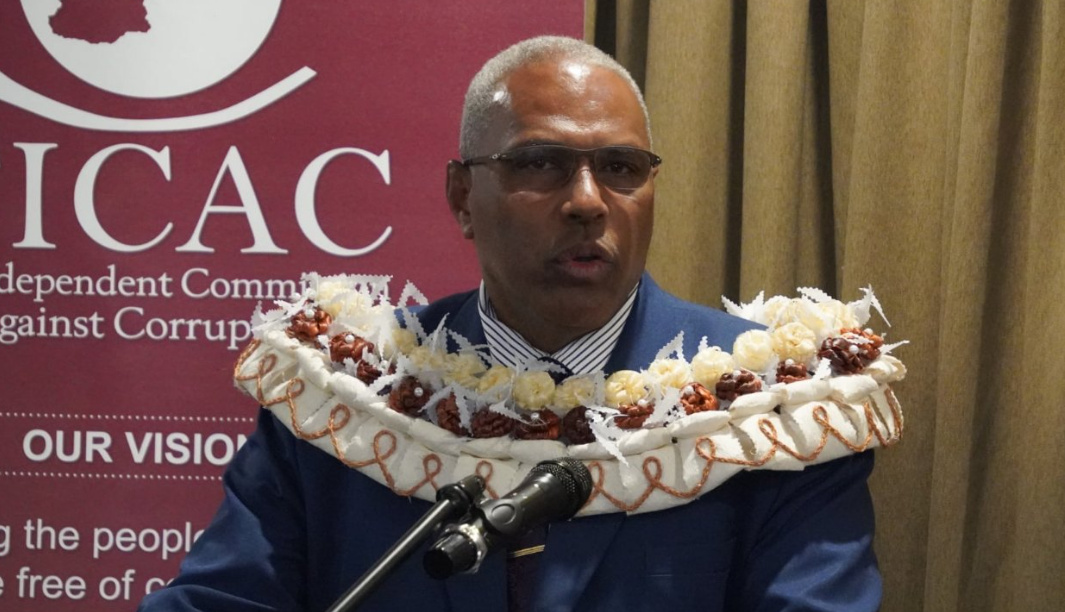Acting Attorney-General and Minister for Justice, Siromi Turaga, has raised serious concerns over increasing social media commentary on cases currently before the courts, warning that such actions could undermine the integrity of the judicial process.
Mr Turaga said he was observing with “grave concern” the growing number of posts that question the competence of witnesses, the decisions of the Office of the Director of Public Prosecutions (ODPP), and the independence of the judiciary.
“Such commentary has the potential to undermine public confidence in the administration of justice and may constitute contempt of court,” the Acting Attorney-General said in a statement released today.
He stressed that matters before the courts must be allowed to proceed without external interference, political speculation, or public attacks via online platforms.
“We have full confidence in the Judiciary to perform its role independently and without fear or favour. Those who attempt to undermine this process through unfounded public commentary do a disservice to the rule of law and the people of Fiji.”
Mr Turaga reiterated the importance of upholding the independence and integrity of the judiciary, warning that attempts to conduct “parallel trials” on social media could prejudice ongoing proceedings and affect the rights of all involved.
While acknowledging the right to freedom of expression, the Acting Attorney-General said this must not be misused to interfere with the course of justice.
“Freedom of expression does not extend to conduct that interferes with or disrespects the administration of justice,” he said.
“Respect for judicial processes is not only a legal obligation but a democratic duty owed by every citizen to ensure fairness, equality before the law, and the protection of rights for all.”
Mr Turaga called on the public to exercise restraint and to respect the rule of law by allowing the courts to do their work without undue influence.



